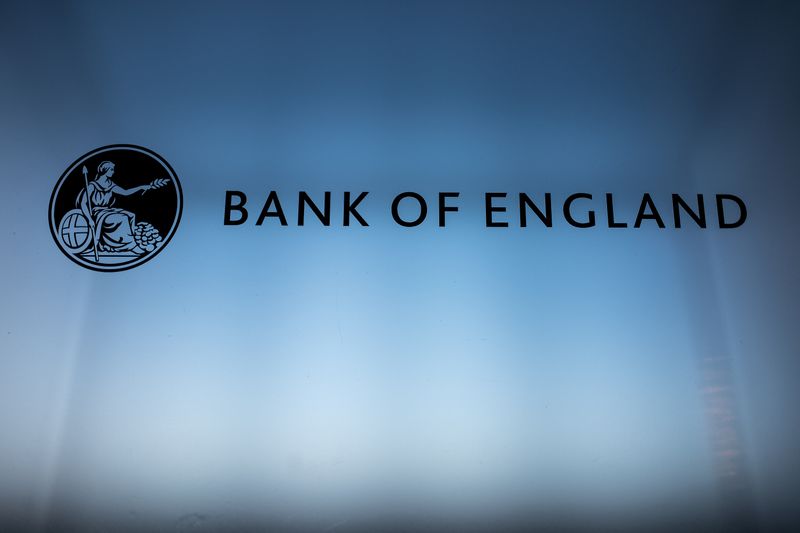Investing.com - The Bank of England cut interest rates as expected Thursday, its second reduction this year, but the future path of monetary policy looks uncertain.
Policymakers voted 8 to 1 to cut the Bank Rate by 25 basis points to 4.75%, helped by the consumer inflation figures for September surprising to the downside, falling below its own August projections.
The BoE also trimmed interest rates by 25 basis points in August, its first cut since the pandemic in 2020.
“It would be an understatement to say that a lot has happened since the Bank of England's last rate decision,” said analysts at Deutsche Bank, in a note. “The last few weeks or so have seen: a dovish signal on rates from the BoE governor, a large downside domestic inflation surprise, a more expansionary than expected Budget, and the US election on top.”
Aside from the data, and with the full impact of the US election unlikely to be felt until next year, it’s the Budget that is creating the biggest uncertainty over the likelihood of further rate reductions.
“Despite the substantial tax increases, [the Budget] was on balance net expansionary implying looser fiscal stance than was previously expected,” said analysts at UBS, in a note.
“The OBR's assessment of the treasury's policies also suggested a positive impact on near-term growth and, importantly, inflation. However, the Bank will conduct its own assessment of the announced fiscal measures, which might differ from the OBR's,” UBS added.
The Swiss bank now looks for the November cut to be followed by a pause in December.
“On the one hand, a more pronounced moderation in headline and, importantly, services inflation, could justify a faster pace of rate cuts (i.e. cutting in December). On the other hand, some of the progress seen in the data could be offset by the inflationary impact of the Budget, depending on the Bank's assessment,” UBS added.
A December rate cut has become less likely, analysts at ING agreed, although they feel a lot hinges on the two inflation reports due before Christmas.
“Last week’s budget has made life more complicated for the Bank of England,” analysts at ING said, in a note. “The combination of extra fiscal stimulus and a volatile US election aftermath means officials won’t want to comment on its next steps.”
